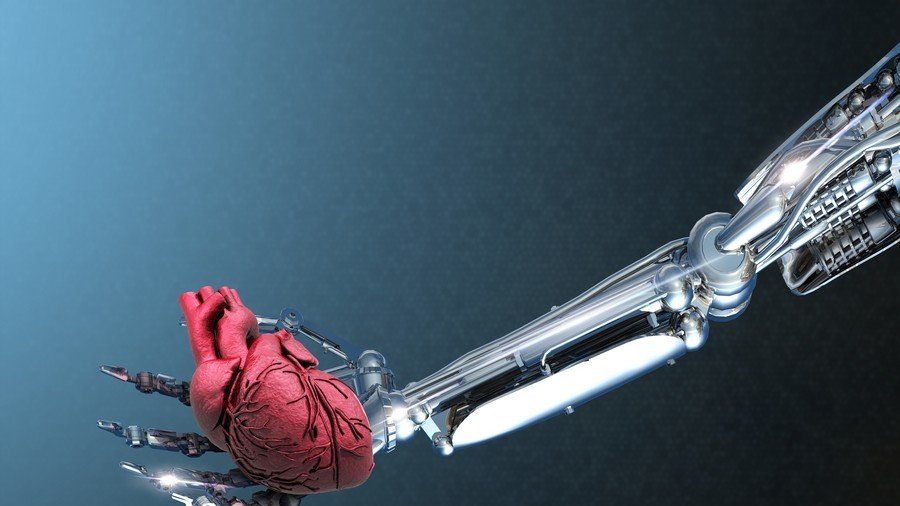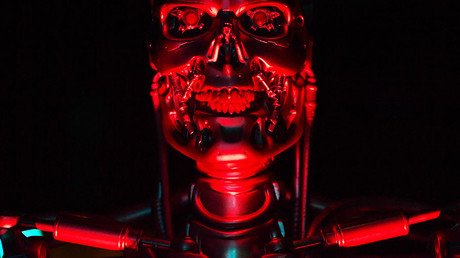Robots growing human organs hold promise for life-saving research

Robots can now grow organ samples for humans from stem cells, in what is being hailed as a potentially life-saving scientific breakthrough.
Dubbed the “new secret weapon in our fight against disease,” researchers from the University of Washington School of Medicine in Seattle designed an automated system that uses robots to rapidly produce mini human organs derived from stem cells.
The advancement will greatly expand the use of mini-organs in basic research and drug discovery, says Benjamin Freedman, who led the research effort.
“Ordinarily, just setting up an experiment of this magnitude would take a researcher all day, while the robot can do it in 20 minutes,” Freedman said. “On top of that, the robot doesn’t get tired and make mistakes. There’s no question. For repetitive, tedious tasks like this, robots do a better job than humans.”
A study describing the new technique was published in the journal Cell Stem Cell. In the study, a robotic system was used to grow kidney organoids from pluripotent stem cells, which can become any type of organ.
Furthermore, the researchers trained the bots to analyze the organoids they produced.
"The value of this high-throughput platform is that we can now alter our procedure at any point, in many different ways, and quickly see which of these changes produces a better result," said Dr. Jennifer Harder, a kidney disease specialist and co-author of the study.
For example, the team produced organoids with mutations that cause polycystic kidney disease, a common inherited condition that affects one in 600 people worldwide and often leads to kidney failure. The researchers then experimented with the organoids to find a way of blocking myosin, a protein that can significantly increase the number and size of cysts.
"This was unexpected, since myosin was not known to be involved in PKD," said Freedman.
Scientists hope further research with the new automated process will eventually lead to significant developments in successful organ replacements, by using stem cells genetically identical to the patient.















